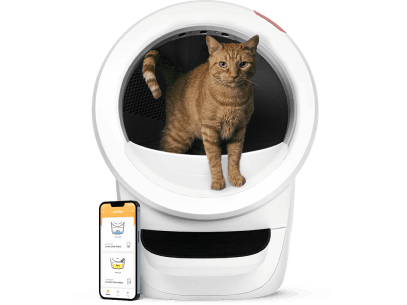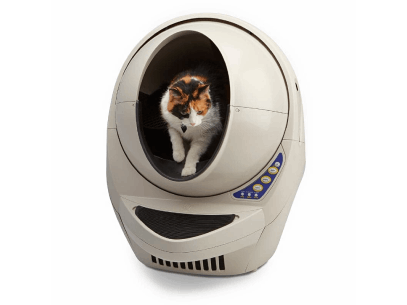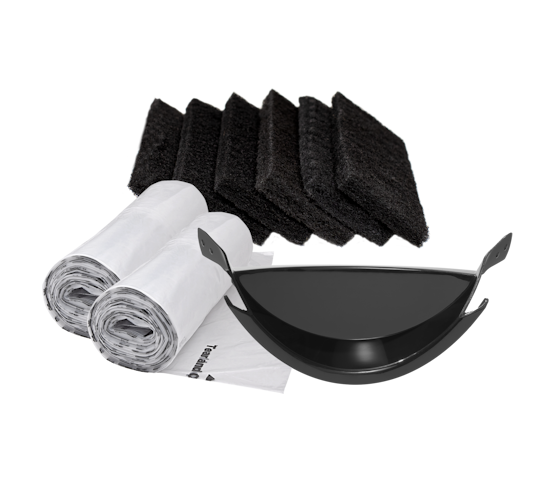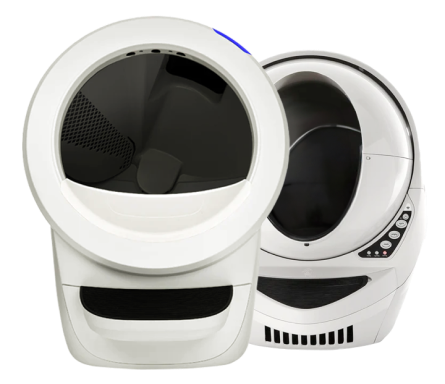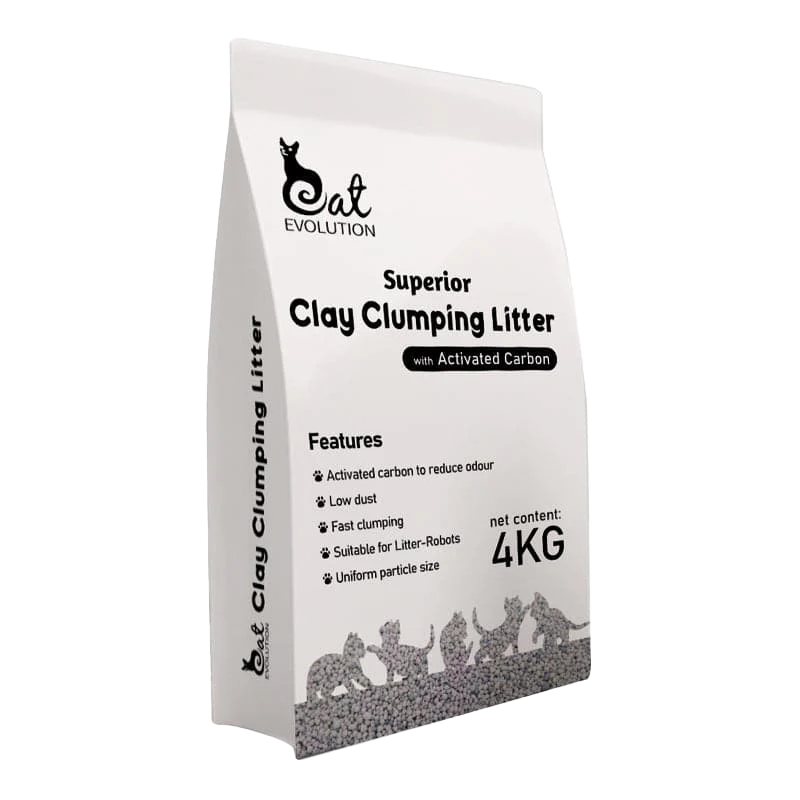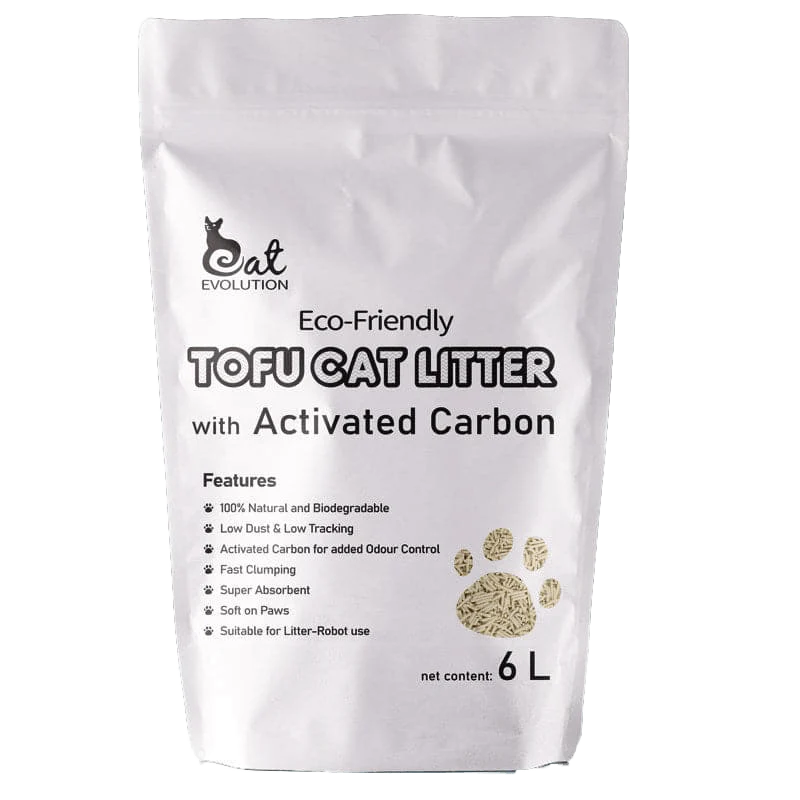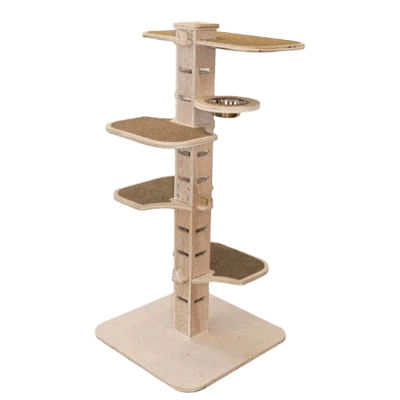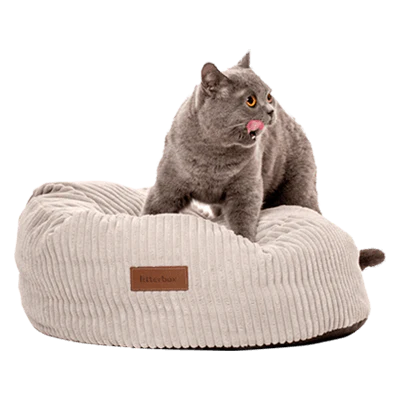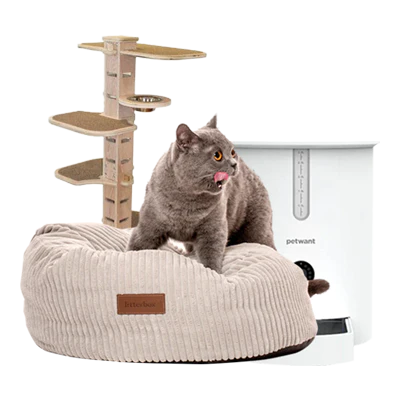Cats make great companions. They are ideal pets for curling up in front of a fire or for joining us for a lazy day spent in bed with a good book. Studies have revealed that the bond we build with our feline buddy can increase fitness, lower stress and double up joys. If you are a cat lover, you are most likely to adore every part of your feline friend - from its fuzzy paws to the tiny pink nose. But feline parenting is more than owning a cute, soft, purring companion. Before you step into fur-family life, there are a few things you should think about, and a few things that are just plain good to know.
Feeding:
It is rightly said that you are what you eat. The pet food industry is a huge business and just like human foods, there is a vast variety of tasty feline treats that are swarming the grocery stores. A cat should be fed with a high-quality kitten or cat food. The best diet chart for your cuddle partner is determined on the basis of its age, activity level and health. Cats require certain nutrients that are found only in animal proteins; taurine is one among them and without which a cat can go blind and may even develop an enlarged heart. Unlike dogs, cats also need a dietary source of vitamin A and fatty acid. It's highly recommended to never feed dog food to your cat because it does not carry the right kind of nutrients.
A well-fed cat having a nutritious diet does not need to snack between meals. Too-frequent snacking will lead to unhealthy weight gain and an imbalanced diet. However, an occasional snack of the not-so-healthy stuff is okay.
Alongside a healthy balanced diet, you must provide fresh, clean water to your kitty. Dehydration is a serious problem for any living creature, and cats are especially prone to it. A cat can go without food for days, and still survives even after losing up to 40 percent of its body weight but a loss of body water of only 10 to 15 percent can kill her.
Grooming:
A clean cat is no doubt a happy cat. Cats stay relatively clean because they are always licking their fur to keep it clean and in its proper place. Being a feline parent, you should brush or comb your cat regularly. Frequent brushing helps keep your cat's coat clean, removes dead hair from the coat, reduces the amount of shedding and cuts down on the incidence of hairballs. One or two brushings per week will help in retaining the healthy glow. For ageing cats who can no longer meticulously groom themselves, more regular sessions are beneficial. Shedding is a natural process of losing dead hair, however, if you notice bald patches in your cat’s fur or a significant loss of hair, book an appointment with a veterinarian to investigate the underlying cause.
Bathing:
Cats are naturally gifted with built-in grooming tools i.e. tongue and teeth. However, there are rare occasions when bathing is simply unavoidable. Cats need a bath if: they have ringworm, they have a flea infestation, they have something stuck on their coat, they are obese or arthritic, and some just simply love it. So pamper away! Domestic cats may have evolved to dislike water because most breeds have coats that absorb the water thus making it harder for them to get dry after they are soaked. So be warned, bathing a cat can often be tricky. If your cat is scared of taking bath, it is likely to scratch you so trim its nails before proceeding to a bath. Always apply a small amount of pet shampoo and it is far better if you keep the head and ears dry. Bathing is often a two-person job and you must lay out all the bathing supplies ahead of time to make it as smooth as possible.
Stimulating:
Cats are commonly known as independent animals, but they are not fully able to take care of themselves. When you have decided to make room for a feline in your home, make sure that your lifestyle syncs with it. Your work routine dictates your decision regarding which cat breed you should opt for. People with very busy routine may find it difficult to find time for a cat that needs a lot of grooming and attention. Bored cats can act out with destructive behaviour like chewing, scratching where they are not supposed to, and fighting with other pets. All cats need mental stimulation and when they are not getting the stimulation they need, they try these cheap and easy boredom busters.
Cats love to play. They like games that involve climbing, running, leaping, stalking, and pouncing. Playthings like toy mice, string, feathers, and even empty boxes make for great amusement. Cats are prompt in noticing moving edges rather than stationary objects, so toys that wiggle, bob, or weave fascinate them and trigger the stalking and hunting reflexes.
Housing:
Cats are territorial by nature and always want to retreat to their safe zones and maintain the security of personal space. Therefore, your feline buddy must have its own clean, dry and safe place in your home to sleep and rest. Designate a room or part of a room, preferably a low traffic area, as a private cat retreat and fill it with your cat’s favourite items like a comfy cat bed to lounge or sleep, food and water, a litter box and some of its toys. Line your cat's bed with a snuggly soft, warm blanket or towel and be sure to wash the bedding often. When your kitty is retreating to its personal space, try not to bug it, as it may be wanting some peace and quiet.
Cat Litter Hygiene:
Cats are very clean animals and their sense of smell is twice as well developed as that of humans. A dirty litter box is one of the most common causes of defecation problems in cats. Keeping the litter box clean provides your cat with a reliably clean place to use and can prevent house soiling problems. It is highly recommended to clean the litter box daily and put fresh litter at least once a week. Correct placement of litter trays is very important both for the kitty as well as the master. Place the litter trays in that part of the house which is quiet yet easily accessible. Though cats like litter boxes at isolated places, at the same time they avoid visiting places that are very dark, especially if it is a multi-pet household. Switch to fully automated cat toileting systems for their ease of use and convenience. Along with litter trays, always choose a cat litter that is soft on paws and highly absorbent because cats are hard-wired to hide the scent of their feces.
Certification:
Fresh air and sunshine are good for anyone whether human or cat. Just because your feline is safe indoors does not mean that it can never see the light of day except through the window. We can equip the indoor environment for our kitty by catering to its instinctive behavioural needs. Opt for a catio - a cat enclosure- that can be beautifully adorned with cat towers, cat trees, scratching posts, and different types of grasses to provide a free environment for climbing and leaping, stalking and play.
Veterinarian visits:
Cat care is very challenging but basic care tips lead to a rewarding feline-hood. Before you welcome your feline partner in your home, book a veterinarian appointment for checkup and immunizations. Also, schedule it to be spayed/neutered as soon as age permits. This approach makes the difference between a healthy and happy cat and a miserable cat who is stressed and spraying.
There are plenty of other helpful tips for feline care. The most important is to understand that your cat relies on you to provide to its needs, and will pay you back with love and healthful benefits for all of its life.
